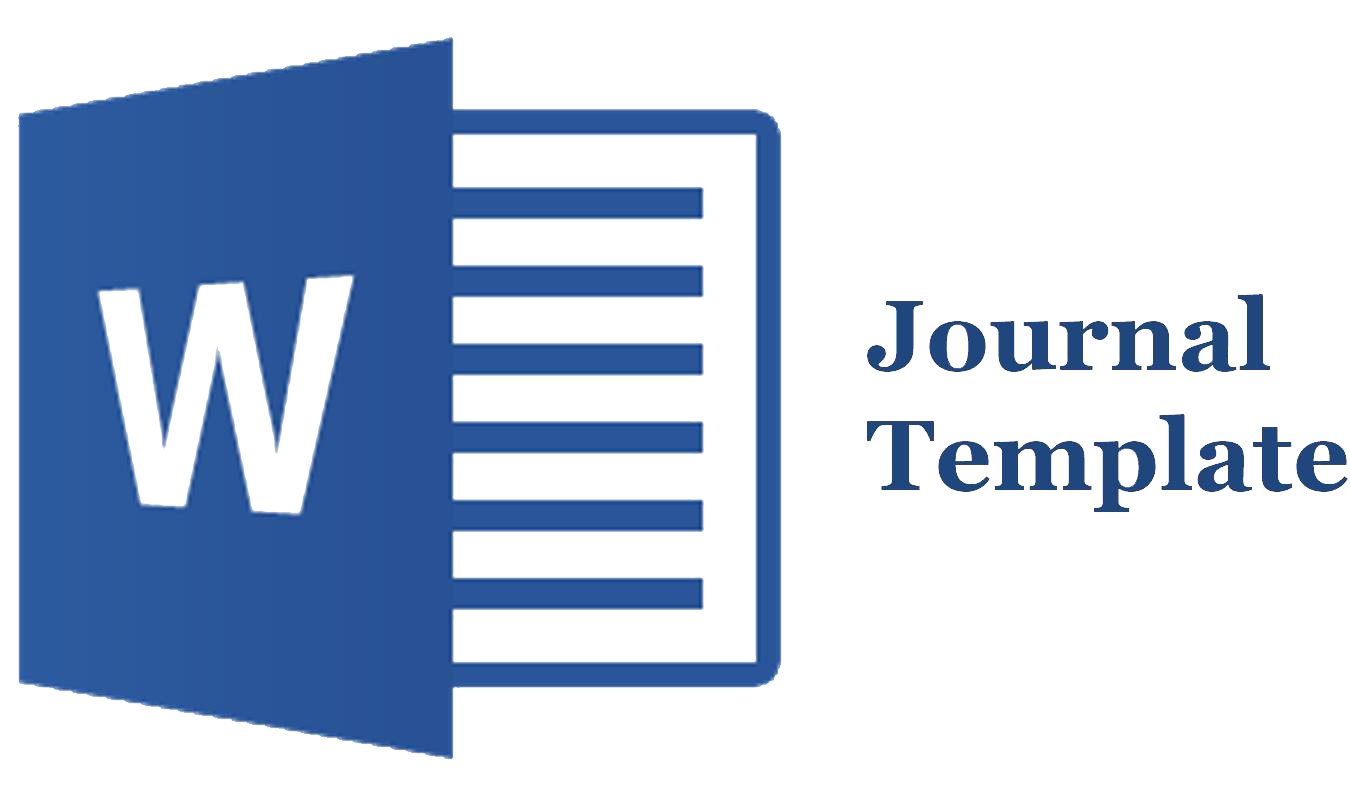Front Pembela Islam (FPI) as an Opposition Force during Joko Widodo's Government Period 2014 - 2020
Front Pembela Islam (FPI) sebagai Kekuatan Oposisi pada Masa Pemerintahan Joko Widodo Tahun 2014 - 2020
Abstract
FPI (Islamic Defenders Front) is a social organization that has consistently positioned itself as the opposition since the reform era. However, during Jokowi's administration, the attitude of the FPI opposition was more dominant compared to the government before Jokowi. Using Robert A. Dahl's opposition theory and Maurice Duverger's pressure group theory, as well as qualitative methods, this research wants to see the reasons for FPI positioning itself as the opposition, find out the form of FPI's oppositional stance and FPI's affiliation with Joko Widodo's (Jokowi) political opponent, then analyze the relationship between between ideological and political aspects of FPI's oppositional stance during Jokowi's administration. The results of this study show that the FPI oppositional movement is divided into two, namely the FPI oppositional movement based on ideological aspects and based on political aspects. This includes proselytizing, political support for Jokowi's opponents and pressure movements such as the 212 Movement.
Keywords:
FPI, Kelompok Penekan, Pemerintahan JokowiDownloads
References
How to Cite
Published
Issue
Section
License
Copyright (c) 2022 Reni Rentika Waty, Kamarudin Kamarudin

This work is licensed under a Creative Commons Attribution-NonCommercial-ShareAlike 4.0 International License.
- Authors retain copyright and grant the journal right of first publication with the work simultaneously licensed under a Creative Commons Atribusi-Non Commercial-Share Alike (CC BY-NC-SA).
- Authors are able to enter into separate, additional contractual arrangements for the non-exclusive distribution of the journal's published version of the work (e.g., post it to an institutional repository or publish it in a book), with an acknowledgement of its initial publication in this journal.
- Every publication (printed/electronic) are open access for educational purposes, research, and library. Other than the aims mentioned above, the editorial board is not responsible for copyright violation.













